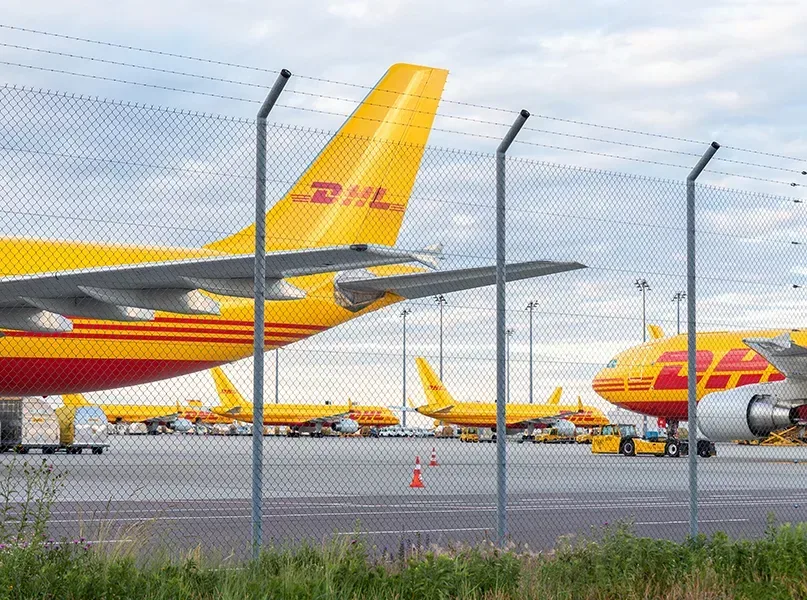- Web
- Feb 05, 2026
DHL Group to invest €500 million in healthcare expansion across Africa, Middle East
-

- Web Desk Karachi
- Jun 12, 2025

WEB DESK: Logistics giant DHL Group plans to invest about €500 million ($575 million) in healthcare services in Africa and the Middle East over the next five years to capitalise on China’s push into the regions.
The German company is looking particularly at Africa for growth opportunities, with time-critical shipments of vaccines, stem-cells and cryogenics all target areas, EMEA health-care head Annette Naude said in an interview.
“We see America has come in and cut costs, but we do see other countries coming to the forefront and filing those gaps,” said Naude. “I went to china and met with a number of investors who are going to make investments on the Africa continent. Chinese investment in the region is really big.”
DHL to suspend global shipments of over $800 to US consumers
Africa is the world’s fastest-growing continent in terms of population and demand for pharmaceutical products is on the increase, with revenue from the sector expected to generate $33.8 billion by 2030, according Grand View Research. The push by DHL into Africa and the Middle East is part of a €2 billion global investment allocation into healthcare worldwide, with the region set to get about 25 percent of that total, Naude said.
Most of DHL’s Africa and Middle East operations, which include warehousing, packaging and supply-chain management, are in South Africa, Egypt, Kenya, Dubai, and Saudi Arabia.
Making sure drugs and medical devices are properly traced from production to destination is a focus area, Naude said. This means having specialised warehouses “where we cover ultra-cold shipments and we cover serialization,” she said.
“When a doctor issues medicine at the bedside of a patient he has to trust and reply on the network that medicine has been transported through,” Naude said.
While managing established diseases such as malaria is key, there are new challenges emerging in Africa, Naude said. Getting technology advanced insulin from China is gaining traction among governments, both because of ease of use and for its longer-acting formulas that require injecting the drug less often.
China and DHL recently collaborated on the building of a medical devices facility in Kenya that exports equipment to the Middle East and Europe, she said.




